3 Views· 24 August 2022
The Dirtiest Places In Your Home
Thousands of species of bug, bacteria, and fungus live in your house. Some fungi live in your air conditioner and get blasted throughout the house. One kind of mycobacteria lives in your shower-head and has been found to reduce stress and increase happiness. Tens of thousands of microbe species live in your body and help keep you healthy.
Following is a transcript of the video:
Your home is filled with thousands of species of bug, bacteria, fungus. And while you might assume most live in your bathroom, the dirtiest place in your home isn't your toilet. It's your own body. But it turns out, having lots of biodiversity about your person helps keep you healthy.
Face it, your house is filthy.It’s filled with dead skin cells, dust...and around 200,000 different species of bug, bacteria, and fungus. Now, it’s tempting to assume that most of them live in your toilet. After all, it’s where...you know. But here’s the thing: the dirtiest place in your house isn’t your toilet. It’s actually you.
Household microbes lurk in the most unlikely of places.Take a heat-loving bacteria called Thermus aquaticus. These guys can only be found in two environments: blisteringly-hot geysers like Old Faithful at Yellowstone and your hot water heater. Another example is Penicillium fungi.They creep into your air-conditioner from outdoors. And when you switch on the AC, their spores get blasted around the house and are known to cause allergies in 2-6% of people. So when you notice a funny, musty smell coming from your AC, it’s probably the fungus.
But before you start eyeing your central air suspiciously, think about this: you dump microbes all over your body every time you shower. It turns out, trillions of organisms live in your shower head...piled on top of each other in a slimy layer half a millimeter thick. But that’s not necessarily a problem. Researchers found that a type of shower-dwelling mycobacterium actually boosts levels of serotonin. That’s a neurotransmitter thought to lower stress and increase happiness. And when those errant mycobacteria land on you...they join the tens of thousands of other microbe species that live in the dirtiest place around: your body.
Like Corynebacteria — the microbes that give your armpits that stinky odor…and simultaneously fight off harmful pathogens like E Coli. Meanwhile, 300-500 species of microbe colonize your gut…and are thought to play a role in maintaining your immune system, digestive system, and even mental health.
In the non-bacteria category of microbes…you’ve got such guests as microscopic mites that live on your face…and mold that colonizes your toes. And while the idea of them might give you chills...microbes like these help keep you safe. You see, the number of harmless microbial species in the world outnumber harmful ones by a trillion to one. In fact, less than .00000001% of microbial species account for nearly all infectious diseases in the world .And all these harmless bacteria crawling on your skin means less room and resources for pathogens, like antibiotic resistant microbes. Which also means they have less opportunity to take over, and make you sick. So, even when antibiotics fail, it could be all those other microbes crawling in and on you that keep you safe.
So in a way, you need to get a little dirty to stay healthy. But full disclosure: that’s not an excuse to swear off your shower. Besides, you don’t want to miss out on that feel-good mycobacterium! This video was made in large part thanks to Rob Dunn, and the information in his new book, “Never Home Alone.”
MORE SCIENCE CONTENT:
Why Lice Are So Hard To Kill
https://www.youtube.com/watch?v=lKVh7CuPUQk
Why Bed Bugs Are So Hard To Kill
https://www.youtube.com/watch?v=TYACvmm5zAE
Why It’s OK To Eat A Brown Avocado
https://www.youtube.com/watch?v=UBHylQFplHg
------------------------------------------------------
#Home #Bacteria #ScienceInsider
Science Insider tells you all you need to know about science: space, medicine, biotech, physiology, and more.
Subscribe to our channel and visit us at: http://www.businessinsider.com/science
Science Insider on Facebook: https://www.facebook.com/BusinessInsiderScience/
Science Insider on Instagram: https://www.instagram.com/science_insider/
Business Insider on Twitter: https://twitter.com/businessinsider
Tech Insider on Twitter: https://twitter.com/techinsider
------------------------------------------------------
The Dirtiest Places In Your Home






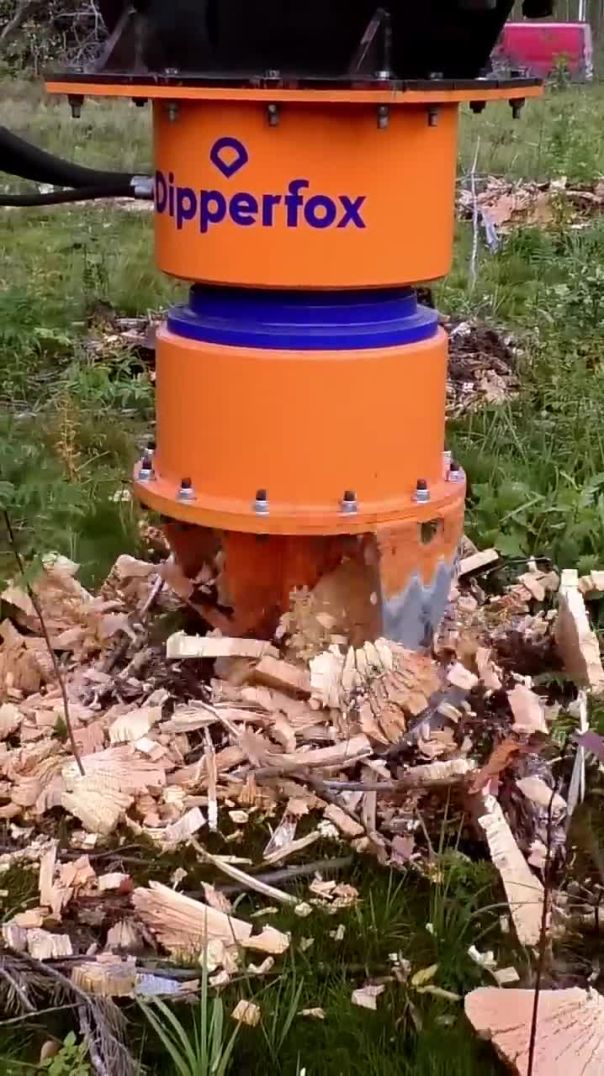














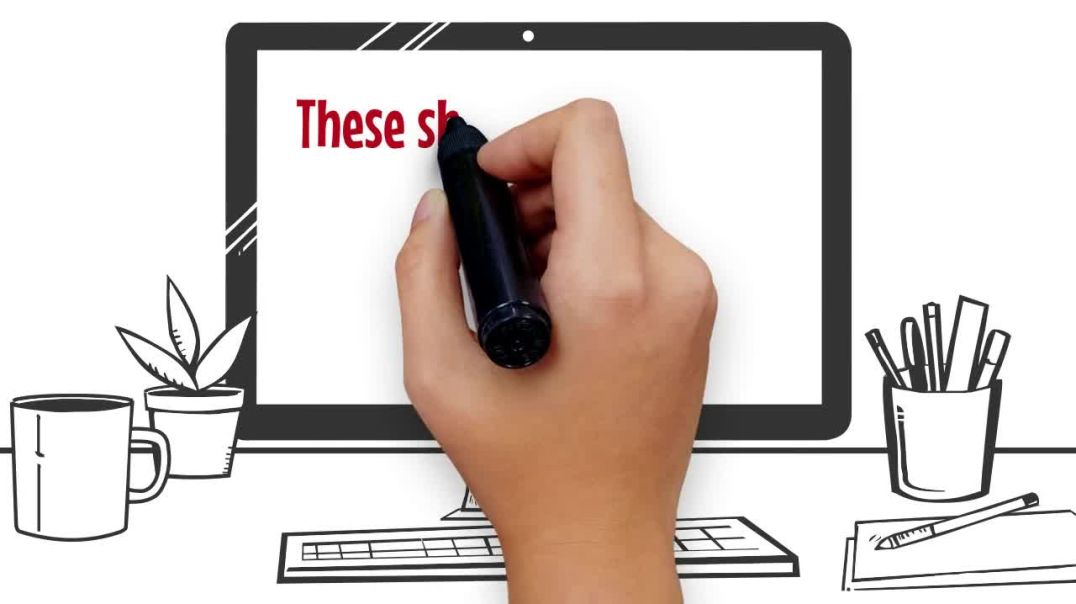

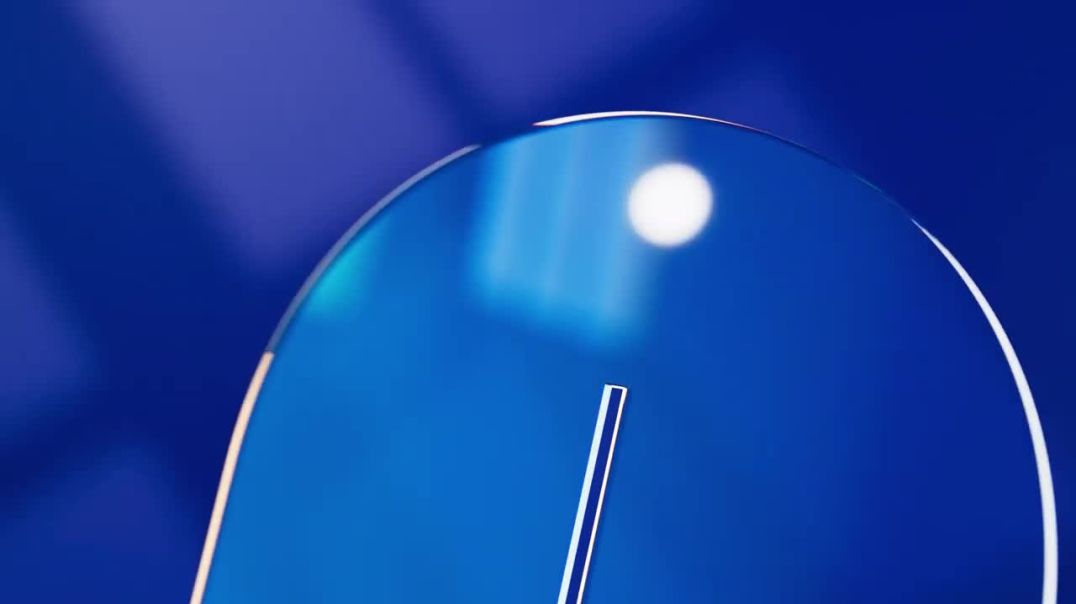
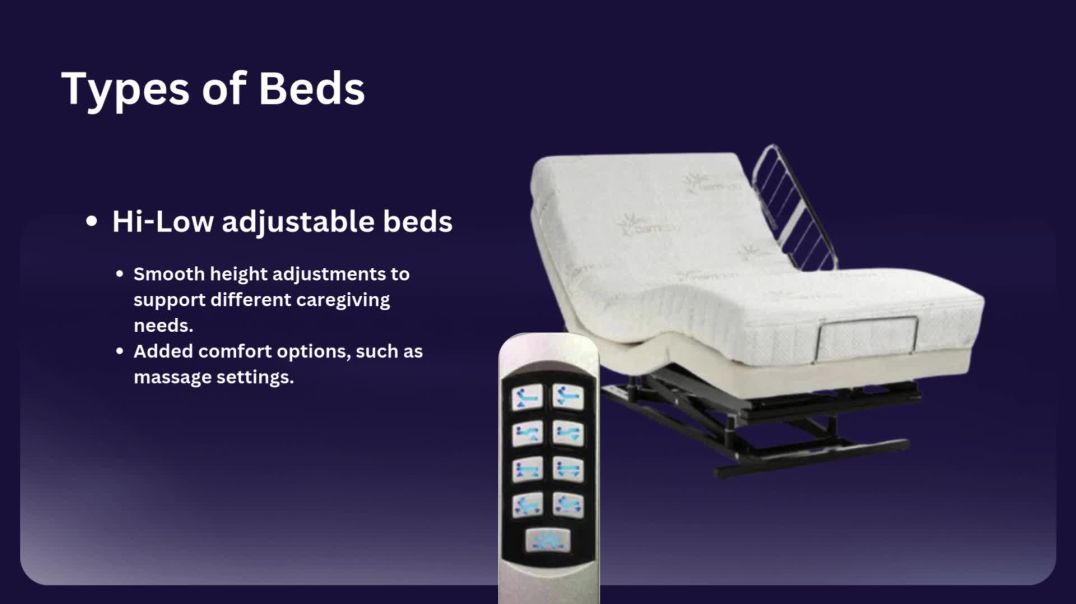
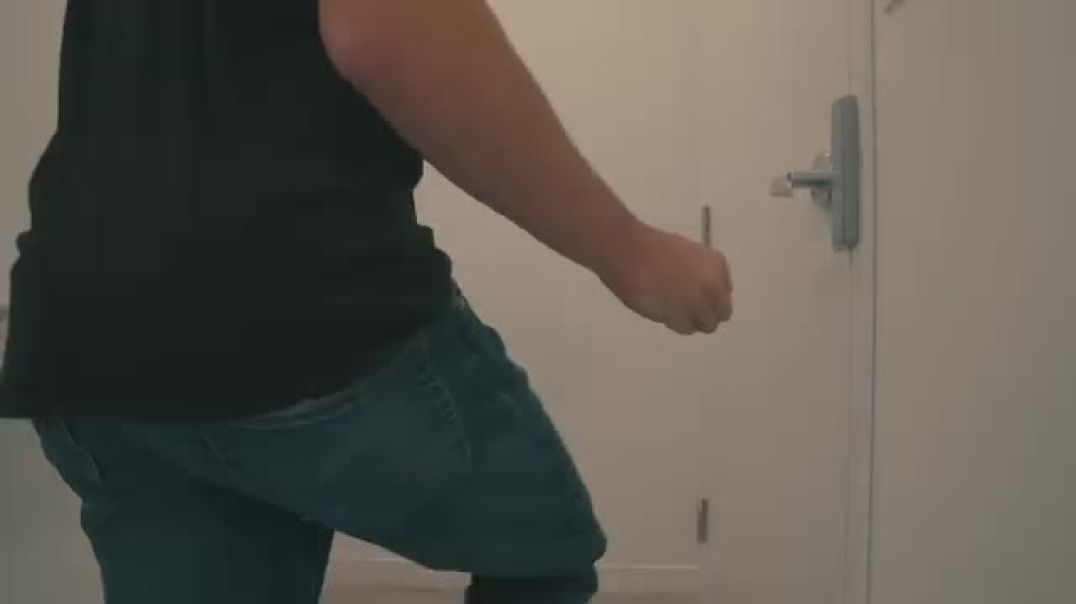
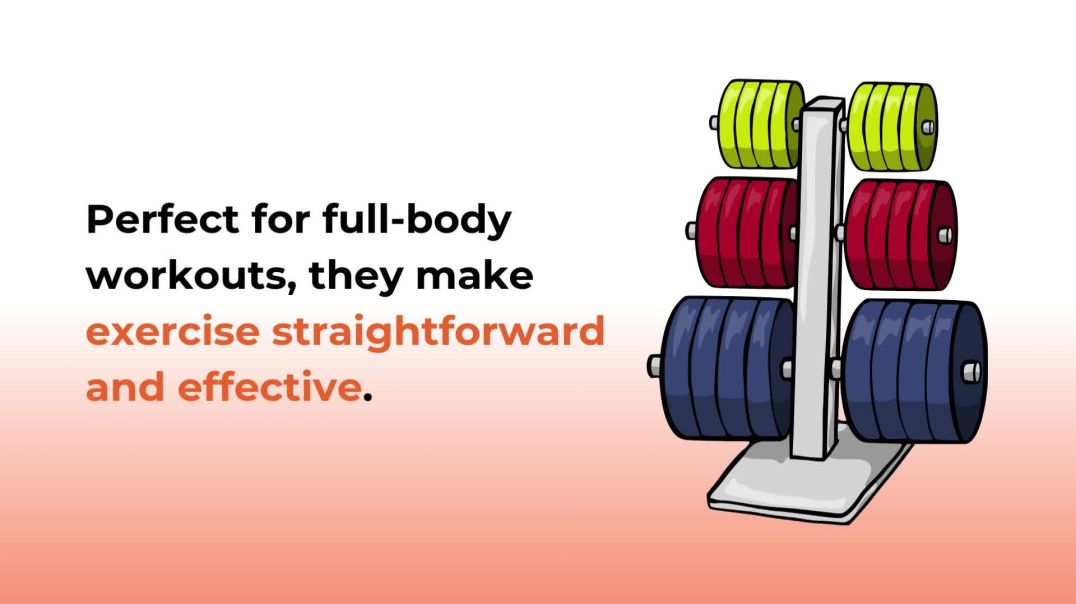
0 Comments